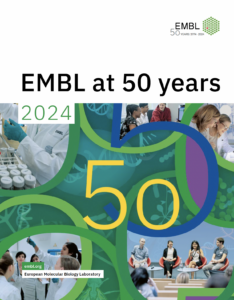
Anniversary brochure
The commemorative publication explores how our work draws on EMBL’s past and where it might lead to in the future.
Informing, inspiring, and engaging society with EMBL’s research, services and training

The commemorative publication explores how our work draws on EMBL’s past and where it might lead to in the future.
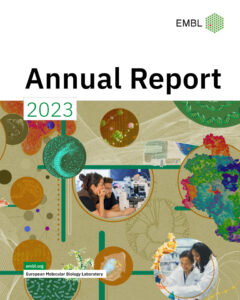
The Annual Report is published once a year in July after having been approved by EMBL Council. It covers the past calendar year, including research highlights from all EMBL Units, important organisational and strategic aspects, and the Director General’s responses to the Scientific Advisory Committee reviews of EMBL Scientific Units that were carried out during that year.
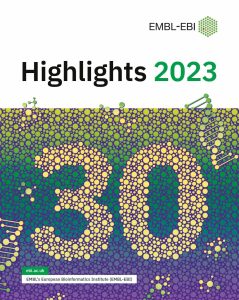
The EMBL-EBI Annual Report presents an in-depth account of our work at EMBL-EBI. We provide facts and figures on how EMBL-EBI resources are used, where our funding comes from, who is on staff, and what has been happening in all of our teams.
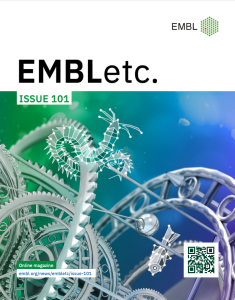
First published in 1999 as a newsletter for EMBL staff and alumni, EMBLetc. has since evolved into a flagship online magazine that highlights the exciting science and talented scientists at EMBL. Here, you can read in-depth stories about EMBL’s activities under its five main missions, learn more about the people behind the science, and get an inside scoop on some of its most innovative projects. Subscribe to our monthly newsletter and follow our dynamic news website to learn more!
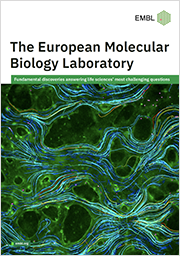
Always at the frontier of the life sciences, EMBL is committed to advancing knowledge through its impactful fundamental research and providing tools and expertise to scientists in Europe and beyond who explore scientific questions at a molecular level. With its newest five-year programme, Molecules to Ecosystems, EMBL is applying its expertise to studying life in its natural context and exploring molecular mechanisms using fundamental discovery-driven research that can also address societal challenges.
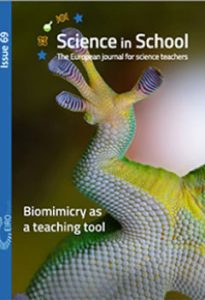
Science in School aims to promote inspiring science teaching by encouraging communication among science teachers, scientists and all others involved in European science education. The non-profit journal is published and funded by EIROforum and is based at EMBL Heidelberg, Germany.
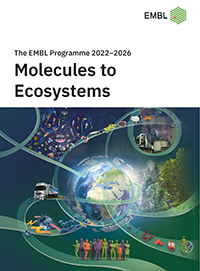
EMBL’s activities are planned in five-year cycles and outlined in the EMBL Programme. Developed internally with input from people across the organisation, the EMBL Programme is reviewed by our Scientific Advisory Committee and approved by EMBL Council.
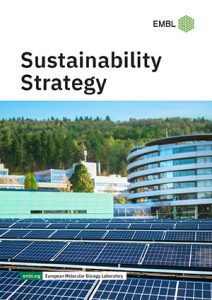
The Sustainability Strategy sets out our priorities, targets and action plans.
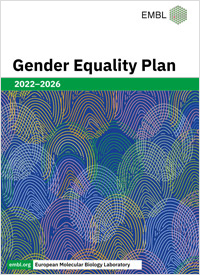
The Gender Equality Plan (GEP) draws from EMBL’s wider Equality, Diversity and Inclusion Strategy which envisions a more inclusive research and work culture that leverages diversity, in its broadest sense, to enhance EMBL’s role as a leader in the life sciences in Europe and globally. It was developed by the EDI Office in collaboration with relevant units and departments across EMBL, through a consultative and participatory process.
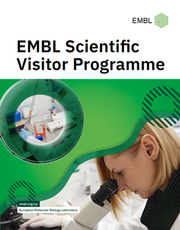
The EMBL Scientific Visitor Programme is part of the EMBL International Centre for Advanced Training and provides visiting scientists with logistical and organisational support, to make their stay at EMBL a pleasant and productive experience.
For publications related to European science policy, please see the International Relations section of the website.